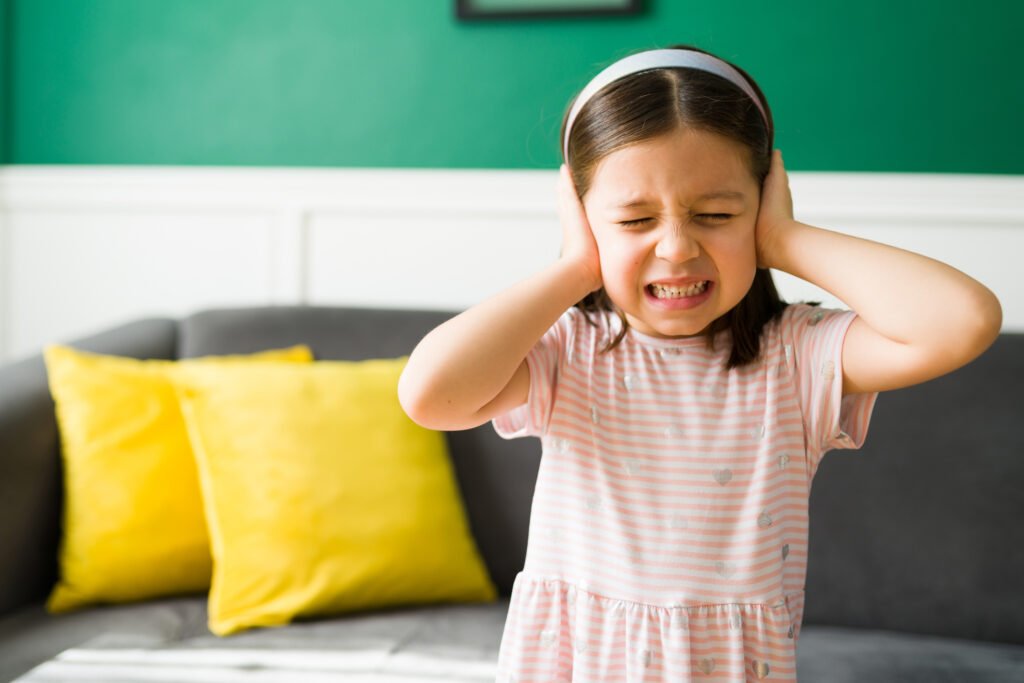
Sensory Processing Disorder (SPD) in children refers to difficulties in the way the brain processes sensory information from the environment. Children with SPD may overreact or underreact to sensory stimuli, affecting their daily functioning and behavior.
Key Characteristics
Over-Responsiveness (Hypersensitivity):
- Extreme reactions to sensory input (e.g., loud noises, bright lights, certain textures).
- Avoidance of certain activities or environments due to discomfort.
Under-Responsiveness (Hyposensitivity):
- Limited reaction to sensory stimuli (e.g., not noticing a loud sound or not responding to physical touch).
- Seeking out sensory experiences (e.g., jumping, spinning) to get more input.
Sensory Seeking Behaviors:
- Engaging in activities that provide intense sensory experiences, like crashing into things or excessive spinning.
Difficulty with Coordination:
- Challenges in motor skills and coordination can be common, affecting activities like running, jumping, or handwriting.
Emotional and Behavioral Issues:
- Children may exhibit anxiety, frustration, or meltdowns due to sensory overload or discomfort.
Causes
- Neurological Factors: Differences in the way the brain processes sensory information.
- Genetics: Family history may play a role.
- Environmental Influences: Prenatal or early childhood experiences may contribute.
Diagnosis
- Diagnosis often involves a comprehensive evaluation by an occupational therapist or pediatrician, including observations and standardized assessments.

Intervention Strategies
Occupational Therapy:
- Tailored interventions to help children improve sensory processing and integration skills.
- Use of sensory diets—specific activities designed to meet a child’s sensory needs throughout the day.
Environmental Modifications:
- Creating calming spaces at home and school to help reduce sensory overload.
- Using tools like noise-canceling headphones or weighted blankets.
Gradual Exposure:
- Slowly introducing children to sensory experiences they find challenging to help them become more comfortable.
Parent and Teacher Training:
- Educating caregivers and educators about SPD to better support the child in various settings.
Support
- Early intervention is essential for helping children with SPD thrive. Support from family, schools, and therapists can lead to significant improvements in managing sensory challenges.
